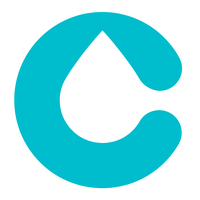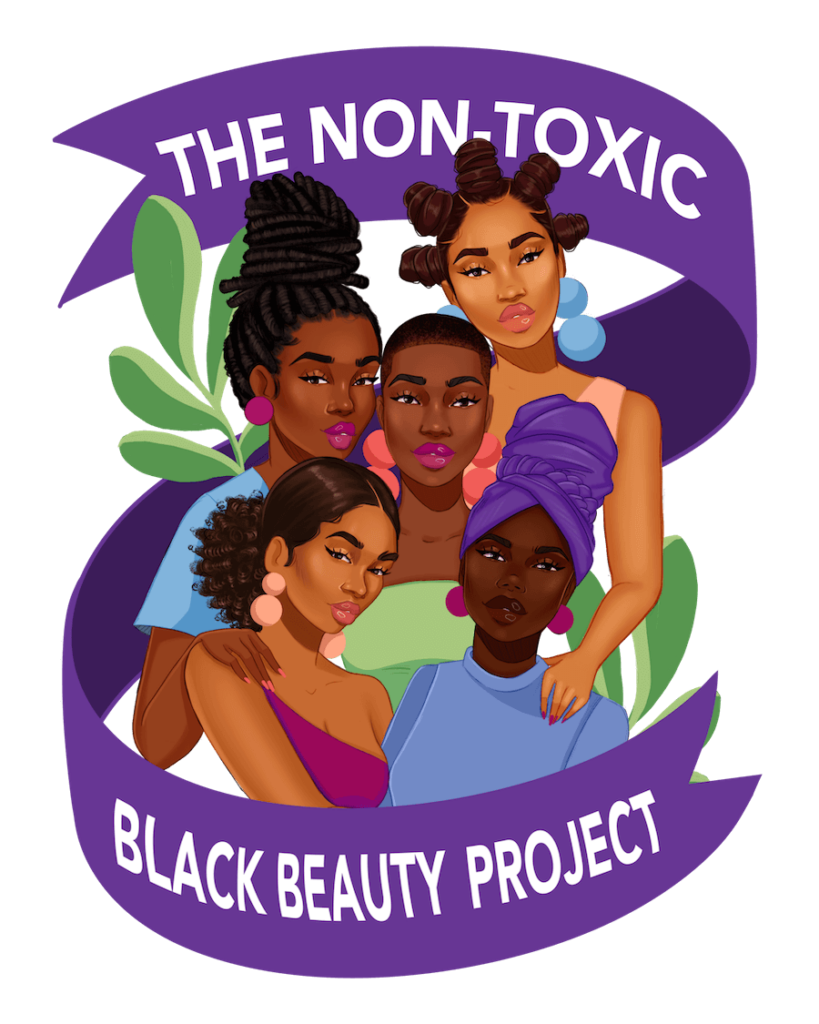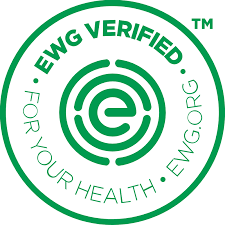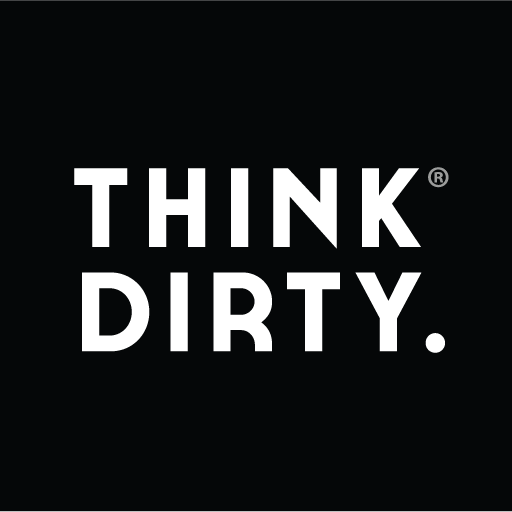Baby wipes are incredibly convenient, making changing your child’s diapers or wiping off their sticky hands that much easier. Unfortunately, many contain harmful ingredients that you wouldn’t want on your own skin, much less on your baby’s. Here are some tips:
What To Avoid

Chlorine:Chlorine is used to bleach wood pulp which is turned into paper materials used for disposable diapers, baby wipes, and many other products. During bleaching, Chlorine can release dioxin. Dioxin can irritate the skin, impact the immune system, cause developmental challenges, and increase cancer risk.

Preservatives:Certain Preservatives, such as Diazolidinyl urea, and other antibacterial and antimicrobial agents prevent germs (bacterial and microbial) from growing by releasing formaldehyde. Formaldehyde is known to cause cancer (a carcinogen). Another preservative, Phenoxyethanol, has been linked to skin irritations such as eczema and allergic reactions. If swallowed, this preservative may be particularly harmful to infants and their nervous systems. Widely considered to be a hormone disruptor, Parabens are another common preservative to avoid.

Fragrance:Hundreds, or even thousands of chemicals, can be lumped under the term “fragrance.” Many companies do not have to disclose the specific chemicals they used, claiming they are proprietary. Among several concerns in artificial Fragrances, many contain Phthalates to boost the scent’s staying power. One such common phthalate is Diethyl phthalate (dep). Some chemicals listed as “fragrance” are suspected, or even known to increase risk of cancer (be Carcinogenic). Others may contribute to reproductive and brain development problems.

Two pure Essential oils:Two pure Essential oils, tea tree and lavender have been shown to have Estrogenic properties that could disrupt hormones and impact reproductive health. Other Essential oils have not been tested yet for these properties, so it is unknown whether or not there may be reason for concern. However, in some cases, some Essential oils may have therapeutic benefits that outweigh concerns.

Sulfate-based surfactants:Sulfate-based surfactants (such as Sodium lauryl sulfate) are powerful cleaners because they help extract oils and dirt from your skin and hair, allowing the water to rinse them away quickly. But these petroleum-based ingredients may irritate skin with frequent use.

Polypylene glycol and polyethylene glycol (peg):Polypylene glycol and polyethylene glycol (peg) help to absorb water, but they are made from “natural” gas (a harmful fossil fuel). They also happen to be used in antifreeze and de-icing agents, as well as cosmetics and cleaning products. Studies show that they can be a skin irritant, particularly if used regularly, and may impact the nervous system.
Safer Choices

Soap:Using good ol’ fragrance-free soap and water is best whenever possible. Remember disposable baby wipes still end up in the landfill.

Chlorine free, fragrance-free wipes:Chlorine free, fragrance-free wipes without added Preservatives and other synthetic chemicals.

Vegetable derived products:Products with 100% vegetable derived Polypropylene glycol and polyethylene glycol are better because this kind doesn’t tend to irritate the skin, and plants are, of course, a renewable resource.

DIY:Making your own baby wipes, including reusables, is easier than you think. Online recipes include ingredients such as liquid castile soap, aloe vera extract, and chamomile tea. Or, just bring a soapy or damp cloth in a bag to use when needed.
Find Safer Products
Websites and Apps:
Clearya
Clearya is a free browser extension and app that notifies you when there are unsafe ingredients in your makeup, personal care, baby care, cleaning and other products, and helps you find safe products.
Clearya is a free browser extension and app that notifies you when there are unsafe ingredients in your makeup, personal care, baby care, cleaning and other products, and helps you find safe products.
Campaign for Safe Cosmetics - Nontoxic Black Beauty Project
They offer a list and database of non-toxic beauty products made and sold by Black-owned companies that are committed to toxic-free beauty and personal care products.
They offer a list and database of non-toxic beauty products made and sold by Black-owned companies that are committed to toxic-free beauty and personal care products.
Detox Me
This app allows you to scan barcodes on products to find relevant tips. They also offer a buying guide to decode product labels and find non-toxic alternatives.
This app allows you to scan barcodes on products to find relevant tips. They also offer a buying guide to decode product labels and find non-toxic alternatives.
Environmental Working Group (EWG)
EWG has a "Skin Deep" database that rates personal care and beauty products based on their safety and toxicity levels. EWG also offers a Healthy Living app that allows you to scan barcodes and find safer products.
EWG has a "Skin Deep" database that rates personal care and beauty products based on their safety and toxicity levels. EWG also offers a Healthy Living app that allows you to scan barcodes and find safer products.
Think Dirty
This app and website allow you to scan or search for personal care products to see their ingredient safety ratings.
This app and website allow you to scan or search for personal care products to see their ingredient safety ratings.





